Global Conference on Environment & Sustainability to be held in Kathmandu
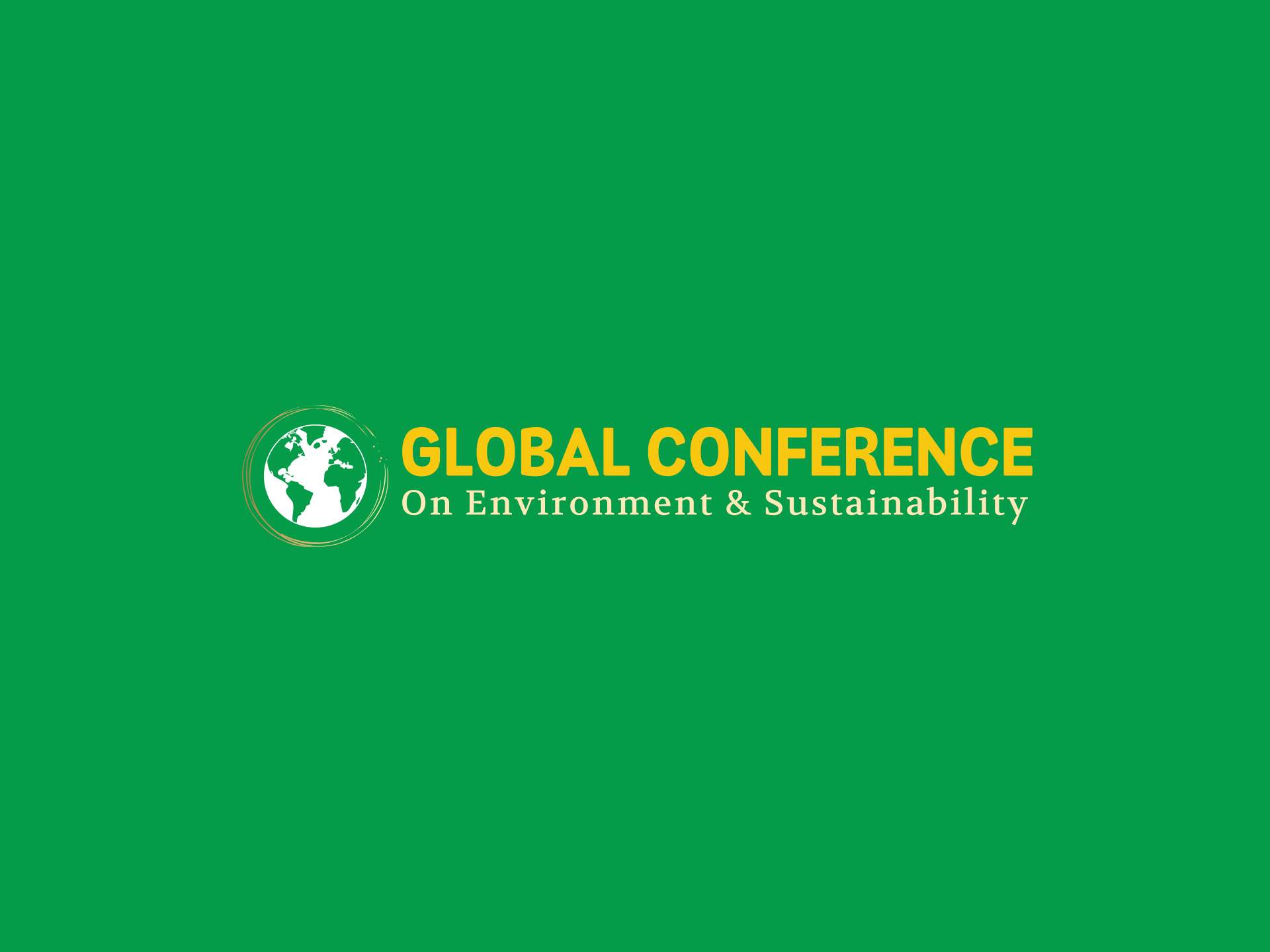
Kathmandu– A Global Conference on Environment & Sustainability (GCES) is being held in Kathmandu from November 22 to 24, 2020, the organisers said.
The Conference is being organised by Tribhuvan University (TU) and its Central Department of Environmental Science in cooperation with Far Western University, Nepal, The Open University Nepal, and Kathmandu Institute of Applied Sciences along with California State University, Fresno, Colorado School of Mines, The Johns Hopkins University, Florida A&M University, Florida State University, and University of Wyoming.
The conference will deliberate on issues including climate change, habitat alteration, deforestation, resource conservation, soil degradation, loss of biodiversity, overpopulation, and pollution and encourage the scientific community to identify causes and solutions by participating in this event. The conference primarily will focus on three themes: Air Pollution and Climate Change, Solid Waste Management, and Sustainable Development and Environmental Policies. The call for abstracts for the conference is now open and details can be found at https://globalconferencenepal.org/
Conference Themes
Clean air is a critical resource for good health and well-being. However, according to the World Health Organization (WHO), nine out of ten people on earth are breathing polluted air. Polluted air kills seven million people prematurely every year from diseases including cancer, stroke, and heart and lung illness. Residents in low- and middle-income countries suffer the most from air pollution, accounting for approximately 90% of all pollution related deaths. Recently, the WHO listed air pollution as one of the top ten health challenges and the greatest environmental risk to human wellbeing. Furthermore, climate change has already demonstrated impact on water resources, forests and biodiversity, wildfires, agriculture, tourism, and people’s health and livelihood. These effects have been predicted to be more severe in coming decades with lasting, possibly irreversible impacts on biomes and global ecosystems.
Solid waste management is an important public health issue for communities around the world. With increased urbanization and economic activity, lower and middle-income countries will surpass high-income countries in total waste generation by 2025 at nearly 1 billion tons per day. Much of the developed world is diverting waste from landfills. For example, 54% of municipal solid waste is landfilled in the United States, 1.24% in Japan, and less than 1% in Sweden. However, in developing countries like Nepal, the importance of landfilling is high even though waste collection efficiencies are low. The U.N. Sustainable Development Goal #11 states solid waste should be properly collected and handled in an effort to promote sustainable cities and communities. The GCES will provide a global platform to discuss solid waste issues.
Sustainable development can be defined as the integration of environmental, social, and economic issues in a way that insures continuing welfare of future generations. Everyone is concerned with the integrity and stability of natural ecosystems, unemployment, resource utilization and conservation, pollution, climate change, food insecurity, and inequity. However, if we continue current levels of resource consumption and waste generation there may not be enough for future generations. Consequently, sustainable development should be closely connected to social justice, good corporate citizenship, indigenous and local knowledge, and healthy economies. Sustainable environmental policies play an important role and need strengthening across all levels of governance to ensure that environmental resources are equitably distributed, especially in developing countries.
Call for papers
To comprehend these deeply rooted and large-scale issues and initiate a policy debate for what works and what does not, the conference is requesting papers, oral and poster presentations, with illustrations from students, researchers, experts, practitioners, and policymakers from around the world. Case studies, best management practices, innovations, technological interventions, and strategies and experimental and/or theoretical research work are encouraged at the conference. A press conference announcing GCES was held in Kathmandu on June 11, 2019.
“We hope that the conference will provide an avenue for scientists, managers, policymakers, and stakeholders to share and have conversations on the contemporary environmental issues,” said Dr. Mohan B. Dangi, Professor of Geography and City & Regional Planning at the California State University, Fresno. “Novel approaches and findings presented at this gathering are expected to discuss the formulation of plans, policies and strategies, and address environmental sustainability and governance issues, in both developing and developed nations,” he added.






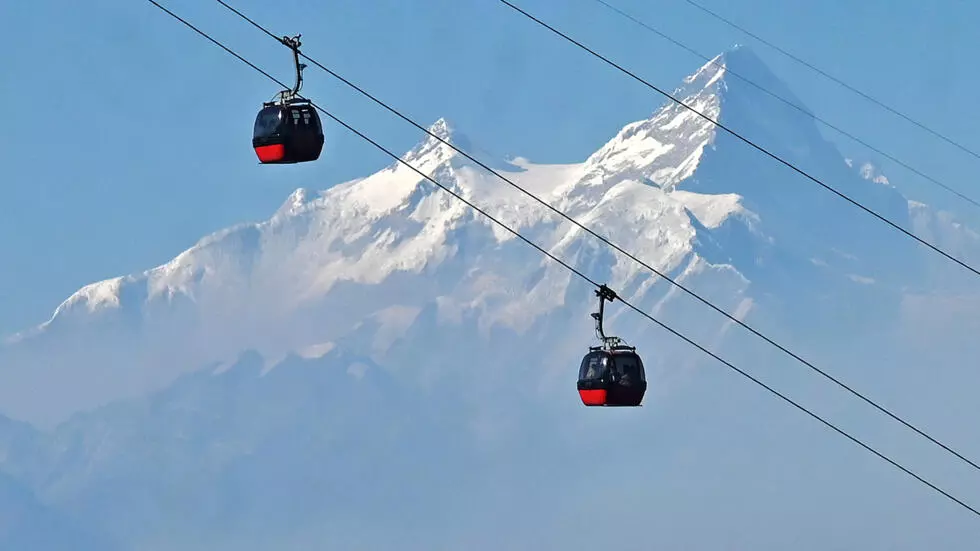
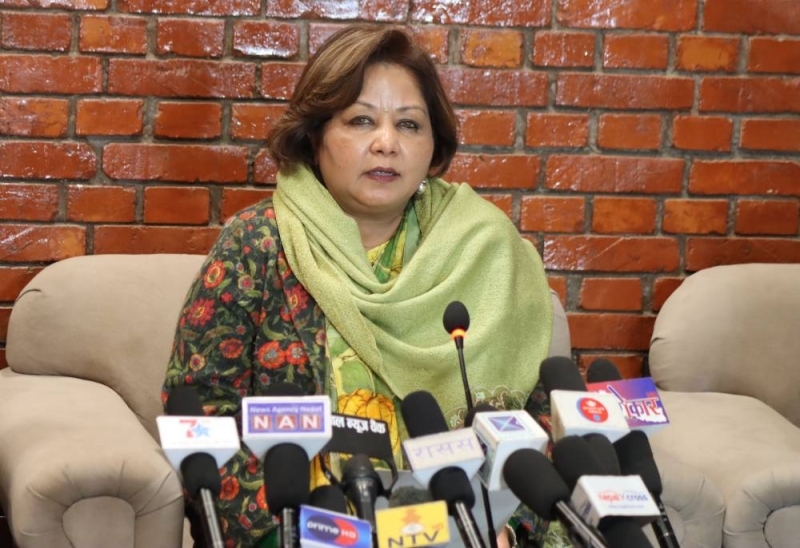
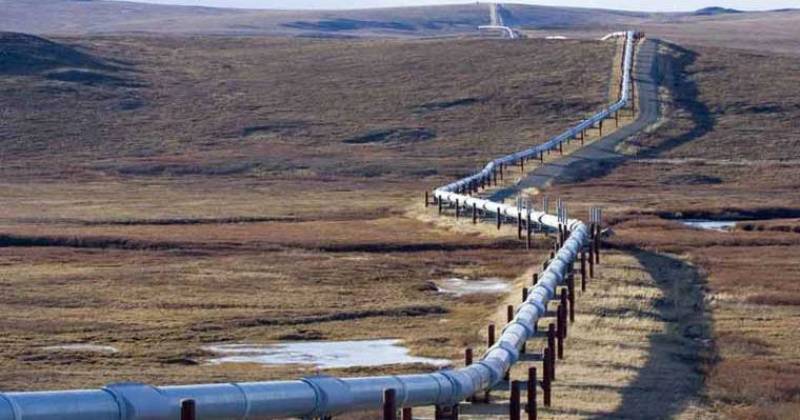

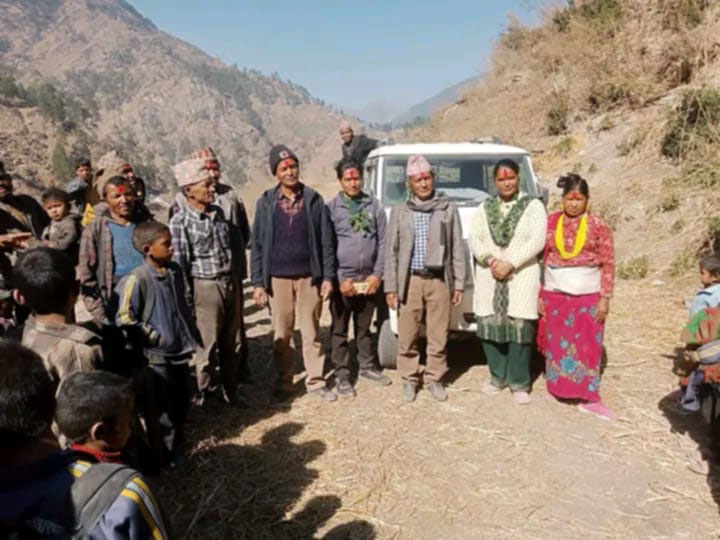
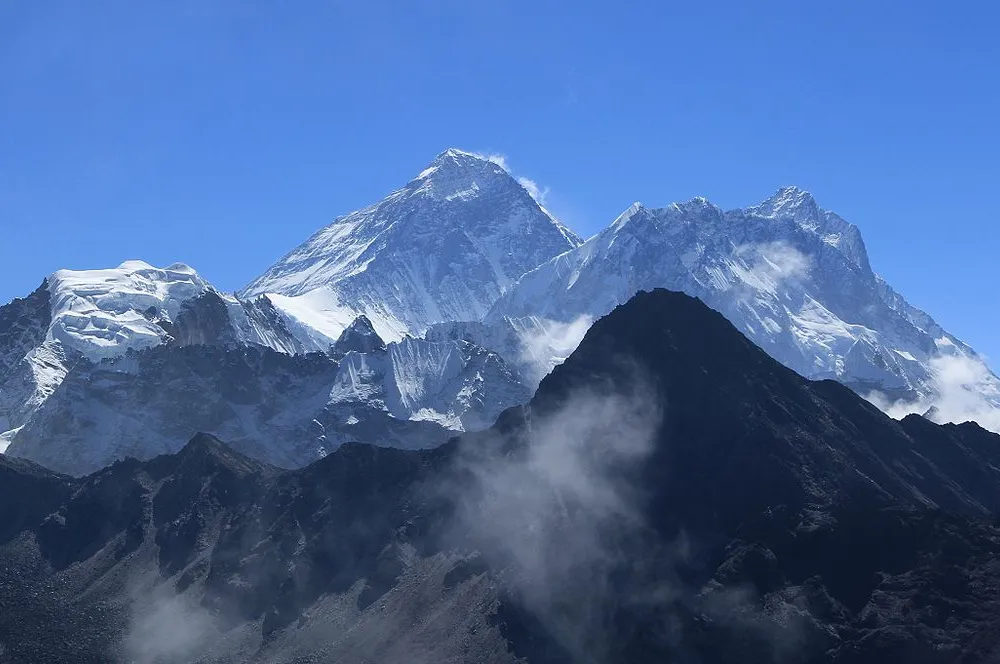







Facebook Comments